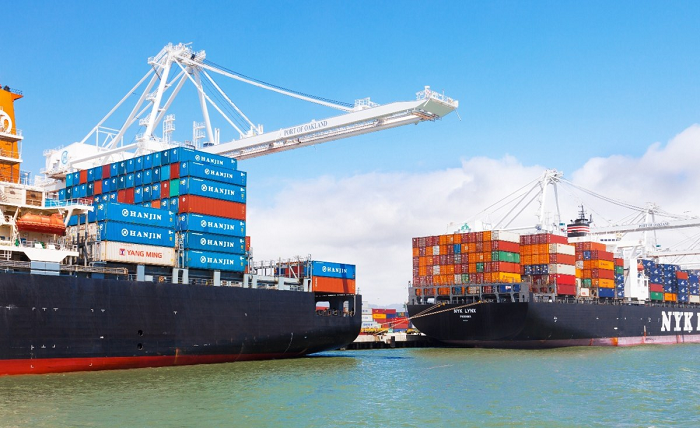
Getting the best out of our maritime industry
Sea cargo shipping is known universally as economically friendly, especially in the corporate world which transports huge quantities of goods or products. Sea freight is an expedient method of transporting loads.
Sea freightage involves the transferring and forwarding of company’s products from the transport providers to the customers. Sea shipping is mainly known to be the most inexpensive way of transporting goods in a time sensitive manner. This type of service is broadly used as a way of transporting goods outside a country.
This explains why about 90 per cent of the world’s trade is carried by sea. It also explains why landlocked countries silently envy their neighbours that are bounded by sea.
Ghana finds itself in an envious geographical position. With the Atlantic Ocean or Gulf of Guinea to its south, Ghana has the luxury of carting its imports and exports via sea through either of its two seaports, Tema and Takoradi.
The availability of the Tema and Takoradi ports also makes Ghana a competing transit corridor to neighbouring Cote d’Ivoire and Togo for landlocked countries wishing to trade with the rest of the world.
In addition to serving as a source of revenue, the availability of a strong and workable seaport infrastructure, as in the case of Ghana, promotes business growth in the area of freight forwarding, ship broking and bunkering, marine insurance and maritime education.
In short, sea infrastructure creates a maritime economy which could potentially play a bigger role in economic development.
Achieving this, however, requires deliberate, bold and pragmatic measures that will help attract investors into the sector, and engender business growth to sustain ports operations in particular and the bigger economy as a whole.
This explains why operations and activities at the two seaports should be given a lot more attention. With Togo and Cote d’Ivoire competing for the same maritime business, authorities of Ghana can only win the hearts of businesses when its seaports give value for money.
At the heart of that is the cost of operation, level of technology usage turnaround time, taxes and levies, and the level of bureaucracy at the Tema and Takoradi ports.
Although various interventions, including the expansion of the ports, replacement of equipment and the introduction of the GCNet and single window system have helped to streamline operations, more still need to be done to help make the two ports the most preferable among its neighbours.
This is where initiatives such as June 30 Ghana Shippers’ Awards come in handy.
In spite of the strategic role that businesses in the maritime sector play in the economic development of the country, there was no industry-specific initiative to reward and celebrate their contribution to national development.
This is why the GRAPHIC BUSINESS is excited that Globe Productions has taken such a bold step to reward and celebrate companies and individuals in shipping industry.
While we are confident that the organisers will sustain the awards, it is also our expectation that stakeholders in the sector will fully support the budding initiative to help promote competition and celebrate excellence in the industry.
To the maiden award winners, we say Ayekoo! Let the recognition and honour done you motivate and spur you to greater height. — GB
